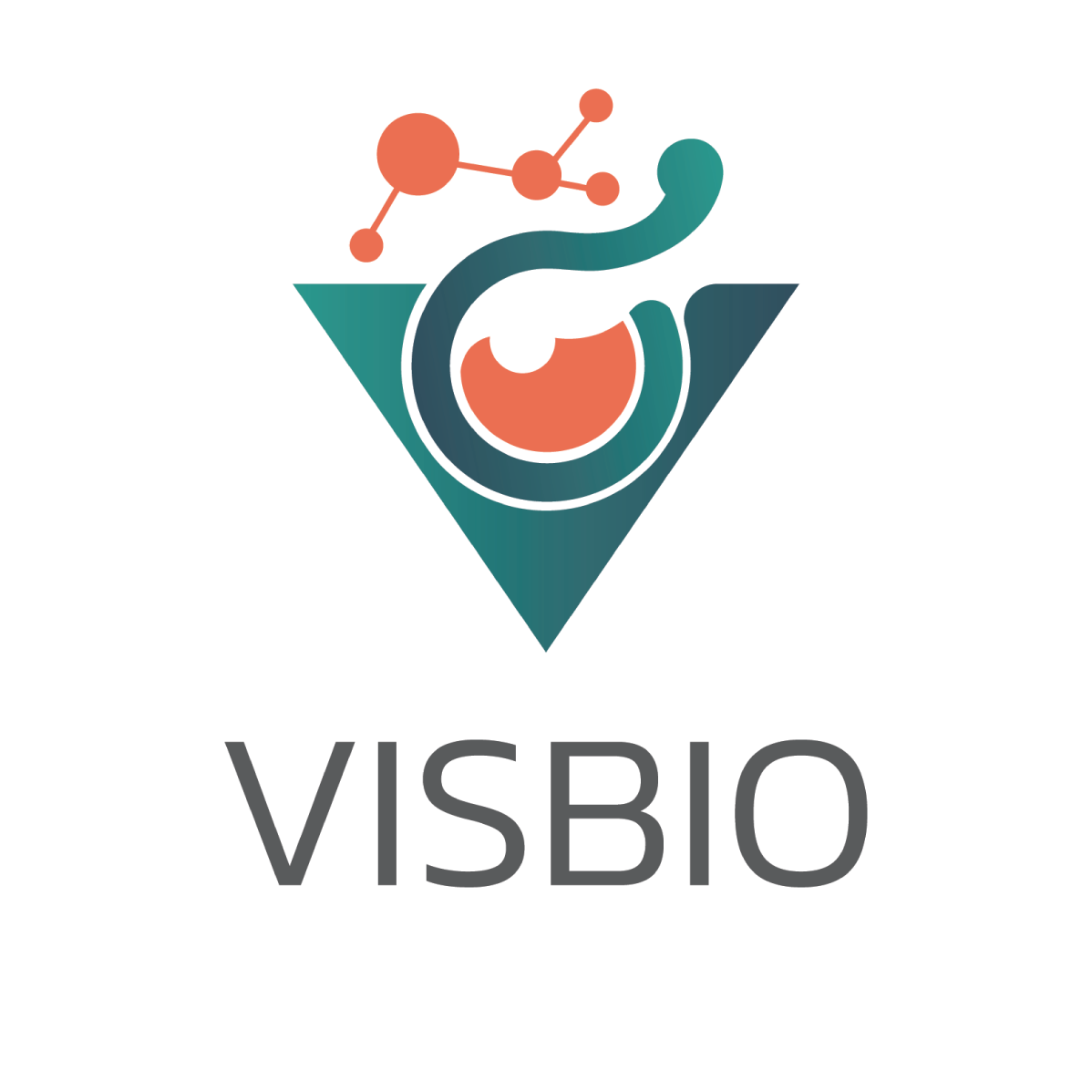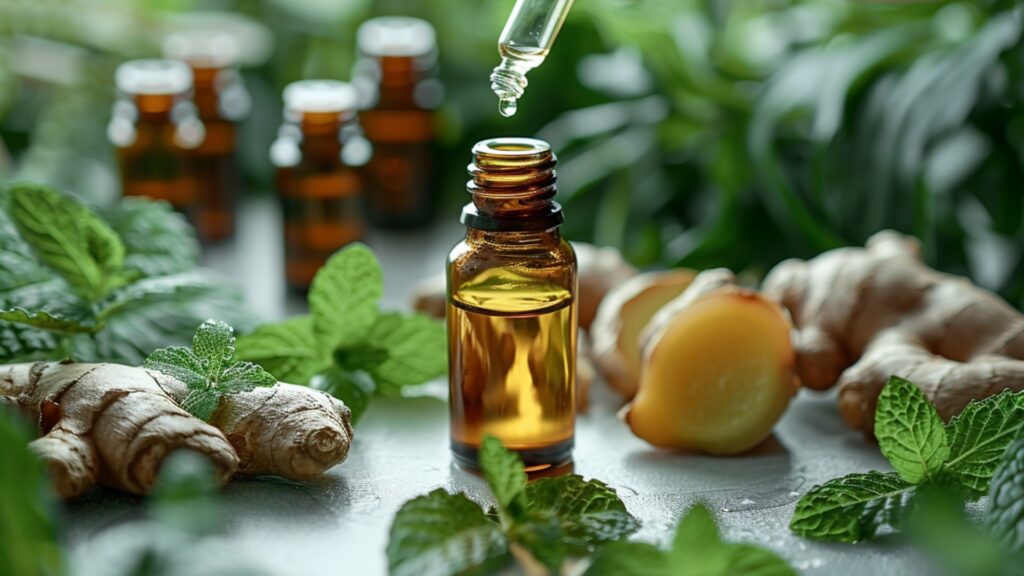
About Our Essential Oil Quality and Product Efficacy Testing Services
The essential oil industry is growing rapidly, with increasing demand from abroad. Ensuring the quality and efficacy of products is crucial to the success of brands and manufacturers. Quality testing not only builds consumer confidence but also controls product standards and compliance with legal requirements. This article presents comprehensive essential oil quality and efficacy testing services, covering chemical composition analysis, bioactivity testing, and physical and microbiological property assessment, to ensure your products are internationally accepted. Click here to inquire about this service!
Essential Oil Standards
There are various organizations that set standards for essential oils, both nationally and internationally, with the aim of controlling the quality and safety of essential oil products. These standards include:
- Thai National Standards
- Thai Industrial Standards Institute (TISI): Sets Thai Industrial Standards (TIS) for various essential oils, such as lemongrass oil, turmeric oil, and ylang-ylang oil. These standards cover important characteristics like chemical composition, physical properties, and testing methods.
- International Standards
- International Organization for Standardization (ISO): This international organization sets various standards, including those for essential oils. ISO standards for essential oils cover a wide range of aspects, such as terminology, definitions, extraction methods, analysis methods, and quality requirements. For example: ISO 4715:2015 (Essential oils — General method for the determination of alcohols content), ISO 4718:2004 (Essential oils — General method for the determination of esters content).
- European Pharmacopoeia (Ph. Eur.): This reference text provides quality standards for medicines in Europe, including standards for essential oils used as medicines or ingredients in medicinal products.
- Association Française de Normalisation (AFNOR): This French standardization organization sets standards for essential oils used in the perfume and cosmetics industries.
Note: Essential oil standards may change or be updated regularly. Therefore, you should check the latest information from reliable sources and choose information that matches your essential oil and the country you are interested in exporting to.
Physical Property Testing of Essential Oils
Our laboratory offers testing services for the physical properties of essential oils, including:
- Refractive Index: The refractive index of essential oil indicates its ability to change the direction of light when it passes from air into the oil. This value is important in identifying the quality and purity of essential oils. A correct and consistent refractive index confirms that the product has not been adulterated or altered. It can also be used to determine the concentration and purity of compounds in essential oils.
- Specific Gravity: This is the ratio of the density of essential oil to water at the same temperature. This value is useful in checking the quality and consistency of essential oils. If the specific gravity is within the specified range, it indicates that the essential oil is pure and of good quality. This value also helps in identifying the density and differences of each type of essential oil.
- Optical Rotation: This measures the change in the direction of light passing through essential oil. This value is important in identifying the type of essential oil and checking the purity of the product. Measuring optical rotation can help identify the chemical structure of compounds in essential oils. A clear deviation indicates that the essential oil is of good quality and has not been adulterated.
The above items are important in assessing the quality of essential oils. These physical property tests comply with essential oil standards set by various organizations.
Chemical Composition Analysis of Essential Oils
Testing the chemical composition of essential oils using Gas Chromatography-Mass Spectrometry (GC-MS) is a tool for precisely analyzing the chemical composition of essential oils and the proportions of substances present. Checking the chemical composition with GC-MS has several benefits:
- Quality Control: Verify the purity of essential oils and detect potentially harmful contaminants.
- Product Development: Identify key bioactive substances for use in developing new products or improving existing formulations.
- Regulatory Compliance: Ensure that products meet relevant standards and legal requirements.
Bioactivity Testing of Essential Oils
Bioactivity testing is necessary to assess the effectiveness of essential oils in providing health benefits, such as antioxidant, anti-inflammatory, and antimicrobial effects. These tests can be performed in vitro (in a test tube) using various methods, such as:
- Antioxidant activity testing using DPPH assay, ABTS assay, or FRAP assay.
- Anti-inflammatory activity testing using protein denaturation inhibitory assay.
- Antimicrobial activity testing against both aerobic and anaerobic bacteria using disc diffusion, agar well diffusion, or broth microdilution (MIC and MBC assay).
Microbiological Property Testing of Essential Oils
Microbiological testing of essential oils is important to ensure that products are safe and free from contamination by harmful microorganisms such as bacteria, yeast, and mold. This testing includes:
- Total Viable Aerobic Count: Analysis of the total number of microorganisms that can grow in the presence of oxygen.
- Total Yeast and Mold Count: Analysis of the total number of yeast and mold.
Literature
- List of Industrial Standards for Essential Oils [Click here]



